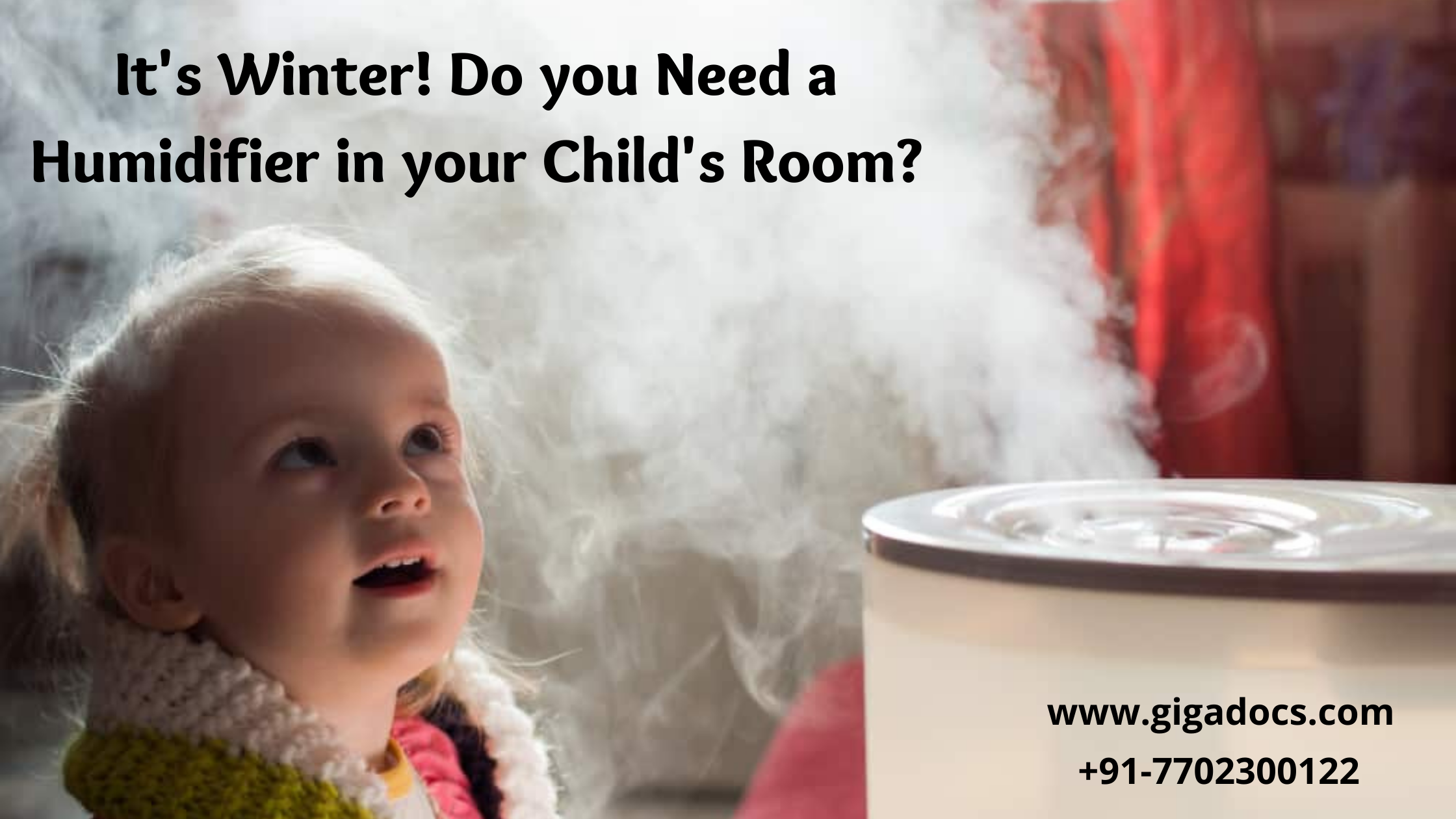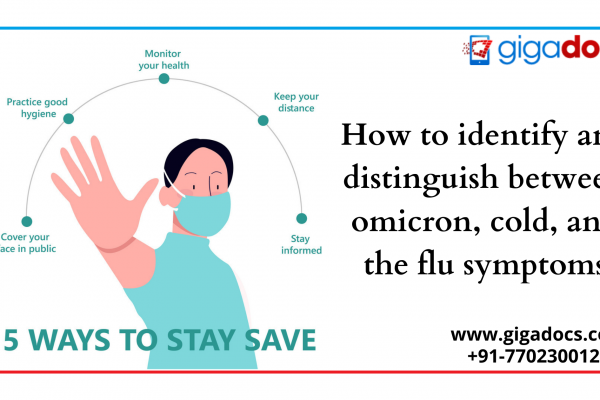The welcoming of a new-born brings expectant parents to pick up every detail with care, which includes research on the baby bassinet, crib, baby rockers, baby clothes, and baby food. There is one item that is as important but often overlooked – a baby humidifier.
What are Baby Humidifiers?
The instance of baby congestion is quite common in the winters. The young ones with an underdeveloped immune system fall quickly to infections and sicknesses. A humidifier creates an optimal thriving environment and sleeping conditions for a comforting sleep for the baby.
Humidifiers are devices that release moisture and maintain humidity levels in the dry winter periods. This moisture helps the baby to breathe and solves the problems associated with dry or irritated skin, chapped lips, sour throat, dry sinuses, stuffy noses, and baby cough.
The Need for a Baby Humidifier
Winters begin the onset of dry and chilly climate. One of the benefits of having a humidifier in the baby room is the protection it provides against the dry cold breeze. For the healthy growth of a baby, the ideal humidity levels revolve around 40%-50%. Under that requisite levels, the air can go excessively dry inducing persistent cough and itching for the baby. Here are the reasons why young parents must consider the need for a baby humidifier-
- Acts as a Baby skin softener
Cool mist humidifier maintains the room temperature and adds moisture to the air, this keeps off the dryness from the skin, eyes, nasal passages, and lips, which makes the baby skin soft and itches free.
- Heals Cradle Cap and Eczema
With more than 1 million annual cases reported in India alone, both Cradle cap and Eczema are quite common in children. A rapid change in humidity levels can cause flare-ups. Using a humidifier adds the moisture back into the air, retaining the baby’s skin with its natural moistness. A humidifier softens the dry and rough patches of cradle cap and eczema and heals the redness and irritation.
- Sooths Coughing and Congestion
Dry cold environments bring a host of seasonal infections like cold symptoms and coughs. Since babies have a weak respiratory system, they can easily fall prey to infections and sicknesses. Keeping a humidifier in the baby room can help to relieve the symptoms of a stuffy nose and help to break up the mucus and discomfort of cold and flu.
- Promotes Baby Sleep
When babies become fussy, parents need to check if they are hungry, or need a diaper change. Babies may also get agitated if the air in the baby room is too dry. Turning on the humidifier can help to regulate their body temperature and relax. Baby humidifier emits a soft humming sound that mimics the sounds they have heard in the womb, which makes them feel less nervous and agitated for a daytime nap or a good night’s sleep.
- Prevents Snoring
Congestion, dry, clogged nasal passages can cause discomforting snores. Humidifiers can prevent snoring among the new-born who are still clearing the amniotic fluid from their nasal passages. Adding a humidifier near the baby bassinet or the crib can moisturize their nasal passages, thus easing their snoring discomfort.
- Reduces Viruses and Bacteria
Warm mist humidifiers heat the water and thereby eliminate bacteria and viruses by adding an extra layer of protection between the baby and common seasonal illnesses.
- Soothes Dry Lips for Breastfeeding
Baby’s skin is sensitive to dry climates which causes red patches and chapped lips to appear. Chapped, irritated lips can be painful while they are taking their feed either through breastfeeding or through a bottle. A humidifier adds moisture into dry air, helping to ward off chapped dry skin.
Best Humidifier for the Baby
There are two types of humidifiers that soothe the baby’s dryness. Here are the factors to be noted while choosing the best humidifier for the baby-
| Factors for Differentiation | Warm Mist Humidifier | Cool Mist Humidifier |
| Working | Heats water to produce steam. | Uses an internal wick filter to absorb water, a fan blows the air through the filter. |
| Sound | Makes a soft humming sound. | Uses fan for moisture dispersion, though can be slightly noisier |
| Care | The unit and the cord must be placed out of a baby’s reach. | Temperature is controlled, hence safe to use. |
| Drawback | The tank contains hot water. If it spills over, it can be dangerous to the baby if they got too close to the steam nozzle. | The ultrasonic cool mist humidifiers may leave a cloud of dust, which can be harmful to asthmatics. |
| Recommendation | The boiling process kills waterborne bacteria and mold. | Relieves dry air symptoms like dry skin, dehydration, and difficulties in sleeping. |
| Usage | Not well-suited for large areas works best in small bedrooms and offices. | Suitable for homes with small children and pets. |
| Cost | Are slightly more expensive. | Cold mist humidifiers are 20-30% cheaper than a warm mist humidifier. |
| Cleaning | Mineral deposits left behind during the boiling process make them tough to clean. | Are comparatively easier to clean weekly. |
Precautions before buying a Humidifier
Though humidifiers bring a host of benefits, they can be potentially harmful too. Here are the several precautions which must be considered to ensure that they are being used properly and do not cause any harm to the baby-
1. Cleaning
Parents must clean the humidifiers regularly, and sanitize them to prevent mold, bacteria from building up inside. Molds can cover the damp surfaces in 48 hours making them potentially dangerous. Thus, before purchasing them parents must read the cleaning instructions carefully, and follow the guidelines.
2. Burns
Though baby humidifiers look colorful, it is important to note that they can potentially cause burns if the baby plays or touches them. Parents must keep the hot humidifier away from the tiny hands that may grab them.
3. Distilled Water
Hard water from the tap may contain several mineral fragments, which deposits a tiny film of sediments affecting the humidifier functioning. It is good to use distilled water to minimize the likelihood of the water itself causing a problem.
4. Drying
Parents must allow the humidifier to completely dry between successive uses, it is good to unplug them before dying. This would eliminate the possibility of mold, and germs that accumulate within the machine.
5. Seasonal Use
Humidifiers should be used only when necessary. It is wise to introduce a humidifier in the baby room to help them sleep if they have a lingering cough or a bout of itchy skin. Humidifiers must be kept off when the seasons change and adding moisture in the air.
Childcare with Gigadocs
Consult your pediatrician for further guidance if you are unsure whether it is good or not to introduce a humidifier in your baby’s room. Book a teleconsultation on the Gigadocs practice management E-Healthcare app to discuss the benefits and precautions of a humidifier. Consult which among the warm mist or the cool mist humidifier will be the best for your baby. Also, track your baby’s immunization dates on the Vaccination Schedule Chart, which gives the complete vaccination schedule based on your baby’s date of birth.
Book a digital appointment for a pediatrician on the Gigadocs app.
Download the Gigadocs App from-
- IOS App – apple.co/2W2iG4V
- Android App – bit.ly/33AQoRC
To know more and schedule a Virtual Consultation demo, e-mail, at info@gigadocs.com




